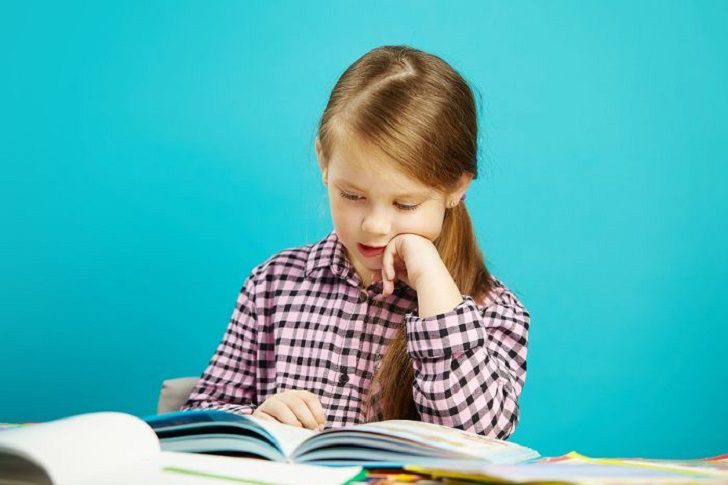We all know that reading to your children is important. But did you know that toddlers and preschoolers who are read to every day have many academic advantages over their peers? Science proves that books at home are the best predictor of later reading success. Having as few as 20 books in the home fundamentally influences chances for both personal and academic success—children raised with books in the home are 20% more likely to finish college.

Each addition to the home library improves children’s performance, and the advantage grows the more books there are in the home. Additionally, it is the best strategy for raising low-income kids’ reading proficiency. Here are some benefits of reading to your children:
Moral lessons
Children learn a great deal from the characters in their favorite stories. These stories are filled with scenarios where the characters have to make decisions and influence the outcome of things. How children perceive these decisions and the actions of the characters in stories will impact their own morals and values. The majority of stories teach values and morals, which means a great many lessons will be learned while listening to these.
Supports cognitive development

It has been proven that reading to young children enhances cognitive abilities and advances cognitive growth. The process of building thought processes, such as remembering, problem-solving, and decision-making, from childhood through adolescence and adulthood, is known as cognitive development. It deals with a person’s ability to digest information, think critically, reason, acquire language skills, pay attention for long periods of time, and remember things.
Reading aloud to your child helps them make sense of what they see, hear, and read by essentially giving them background information on their developing environment. In fact, rather than just vocalizing the words, many educators and academics believe that the conversation that takes place after reading gives it meaning by enabling kids to make connections between the story and their own experiences.
Concentration
When children listen to stories, they increase their ability to concentrate on what they are hearing. As they become enthralled in the details of a story, they push themselves to listen a little longer, thus increasing their attention span over time. The more interesting and captivating a book is for a child, the more attentive they will be as you read to them.

Reading can lengthen a child’s overall concentration span. This spills over into other areas and helps them perform better at school and when working on activities. Many parents often comment that their children have a long attention span as they can watch movies and TV programs for hours. Watching images flashing at a pace unnatural to the brain is not focusing. It is more like a trance, and many children who watch hours of television struggle to concentrate in class.
Unlike watching screens, which negatively affects the brain, reading stimulates real focus. Children have to actually listen, read and think about what they are reading or hearing. They need to be active in the process to benefit from the story. It is not fed to them while they stare passively.





